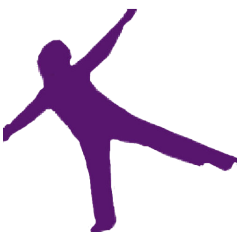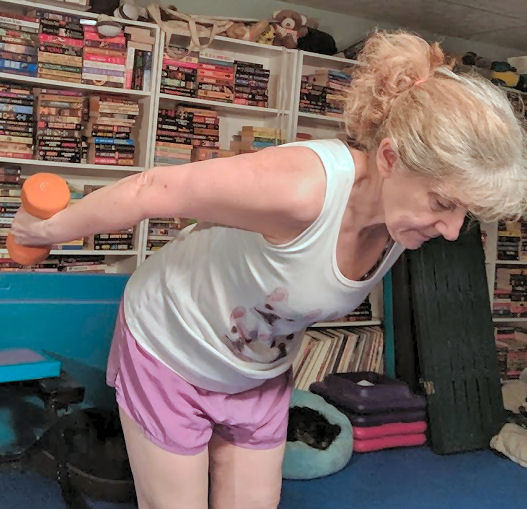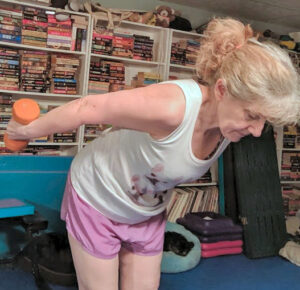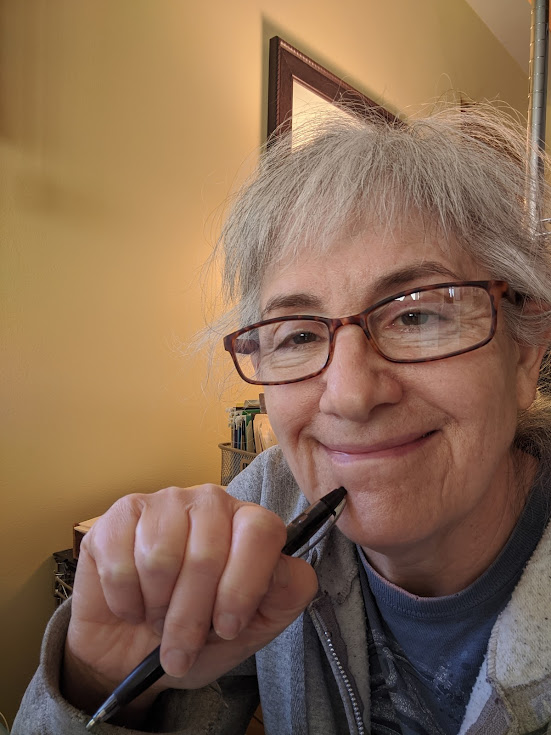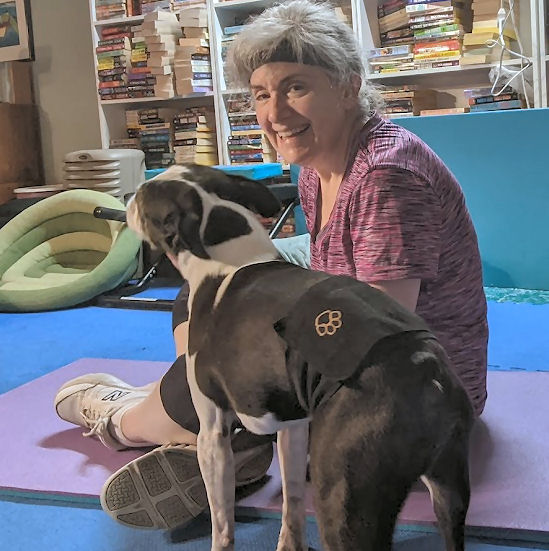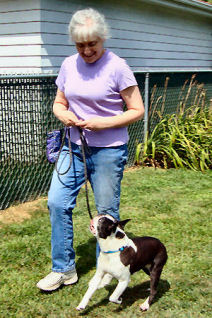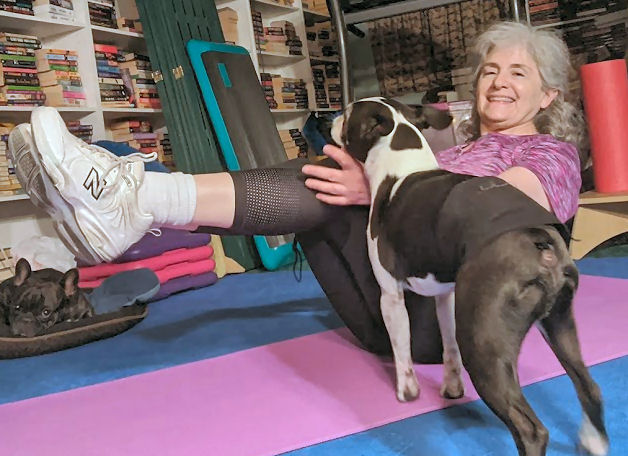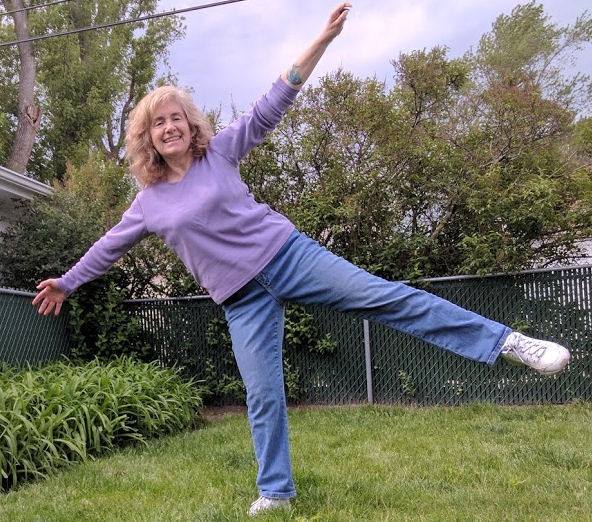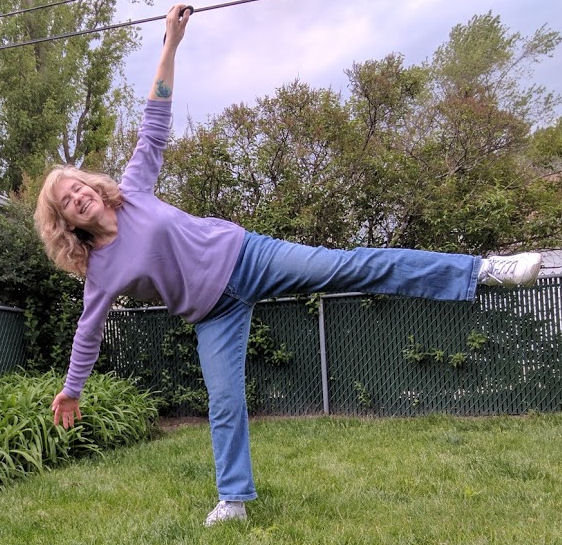I’ve mentioned that exercise will boost your optimism, improve your memory and make you more resilient. Exercise is also important for healthy aging. All that’s still true. But is exercise for mental health enough? Perhaps. I’ve mentioned that I exercise to be a nicer person. I exercise to work out my frustrations and anger. But I also exercise so I can eat. And I run to make navigating an agility course with my dog a little easier.
I don’t want to plateau
I don’t enjoy exercise. And for me, exercising for my mental health would not be enough. So I push myself. But everyone is different, and if you exercise strictly for the mental health benefits, you’ll still sweat and get endorphin rush from aerobic activity. But if you don’t push yourself, do one more repetition, run an extra hundred yards, push the speed a little, or the incline, you’ll reach a plateau in your physical conditioning. That may not matter to you.
Progressive overload
But if hitting a plateau is not in your makeup, and you want more from your exercise, then you’re like me. You’ll push a little harder, run a little further, lift a bit more. The experts call this “progressive overload.” By gradually increasing the difficulty or intensity of your workouts, you become stronger, faster, and more fit. The term is usually applied to strength training, but it can be used for any kind of workout. And by gradually increasing the difficulty, you’re continually challenging yourself.
Gradually increase your speed or reps
Trainer Chad Barribeau, CSCS, says, “A good rule of thumb is to increase your workout load (whether weight, reps, distance, or speed) by 10 percent or less each week. This can ensure you’re challenging yourself while controlling your risk of injury or burnout.” Slow and steady increases will produce gains in your physical fitness without the soreness we frequently experience from doing too much too soon. So, slow and steady really can win the race.
Me? I’m greedy. I want it all. I want the happiness and release of frustration that the endorphins produced by a good workout bring me. And I also want the speed and strength I get from conditioning my body.
